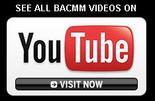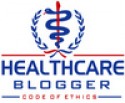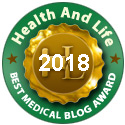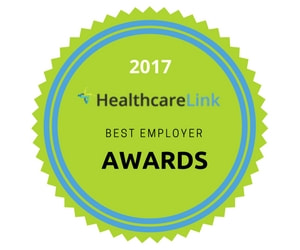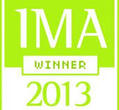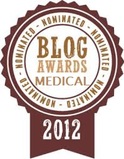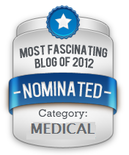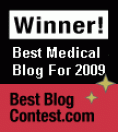This editorial points out some problems with expert panels – ‘Expert Panels’ Won’t Improve Health Care by Norbert Gleicher, MD, but I would argue that when done properly expert panels can provide some aid to practicing physicians. The author actually does explain the good as well as the bad:
“The idea of creating expert panels has a certain logic to it. After all, who is better qualified to determine best medical practices than medical experts? The medical field itself has been edging toward a similar approach in recent years with “evidence based medicine,” an approach that assumes it is possible to determine what works and what doesn’t by reviewing published medical literature.
Evidence-based medicine has some value, but it can provide misleading information. Determining which studies to review, for example, can introduce biases. Whether investigators accept published data at face value or repeat primary data analyses also matters. If the data in a published study were poorly analyzed or, for argument’s sake, completely invented, relying on it can lead to faulty conclusions. It’s an unfortunate reality, but our medical literature is significantly contaminated by poorly conducted studies, inappropriate statistical methodologies, and sometimes scientific fraud.
Of course evidence-based data can be useful. But I have seen firsthand how it can be dangerous too.
Consciously or not, those who provide the peer review for medical journals are influenced by whether the work they are reviewing will impact their standing in the medical community. This is a dilemma. The experts who serve as reviewers compete with the work they are reviewing. Leaders in every community, therefore, exert disproportional influence on what gets published. We expect reviewers to be objective and free of conflicts, but in truth, only rarely is that the case.
Albert Einstein once noted that “a foolish faith in authority is the worst enemy of truth.” At the moment, there isn’t an overreliance on expert panels in health care. Our system can therefore self-correct when experts lead us astray. This has given us the best medical care in the world, which is still envied by people from all over the world who face much more rigid, government-driven health care.”
I believe the biggest problem is in confusing guidelines and rules. We do need limited guidelines, we do not need rules. Expert panels can provide useful analyses, but too often do not. I would rather see government sponsored panels like the defunct AHCPR guideline panels, than the current rage of subspecialty organizations issuing guidelines and seemingly expecting generalists to “obey” their pronouncements.

 RSS Feed
RSS Feed









